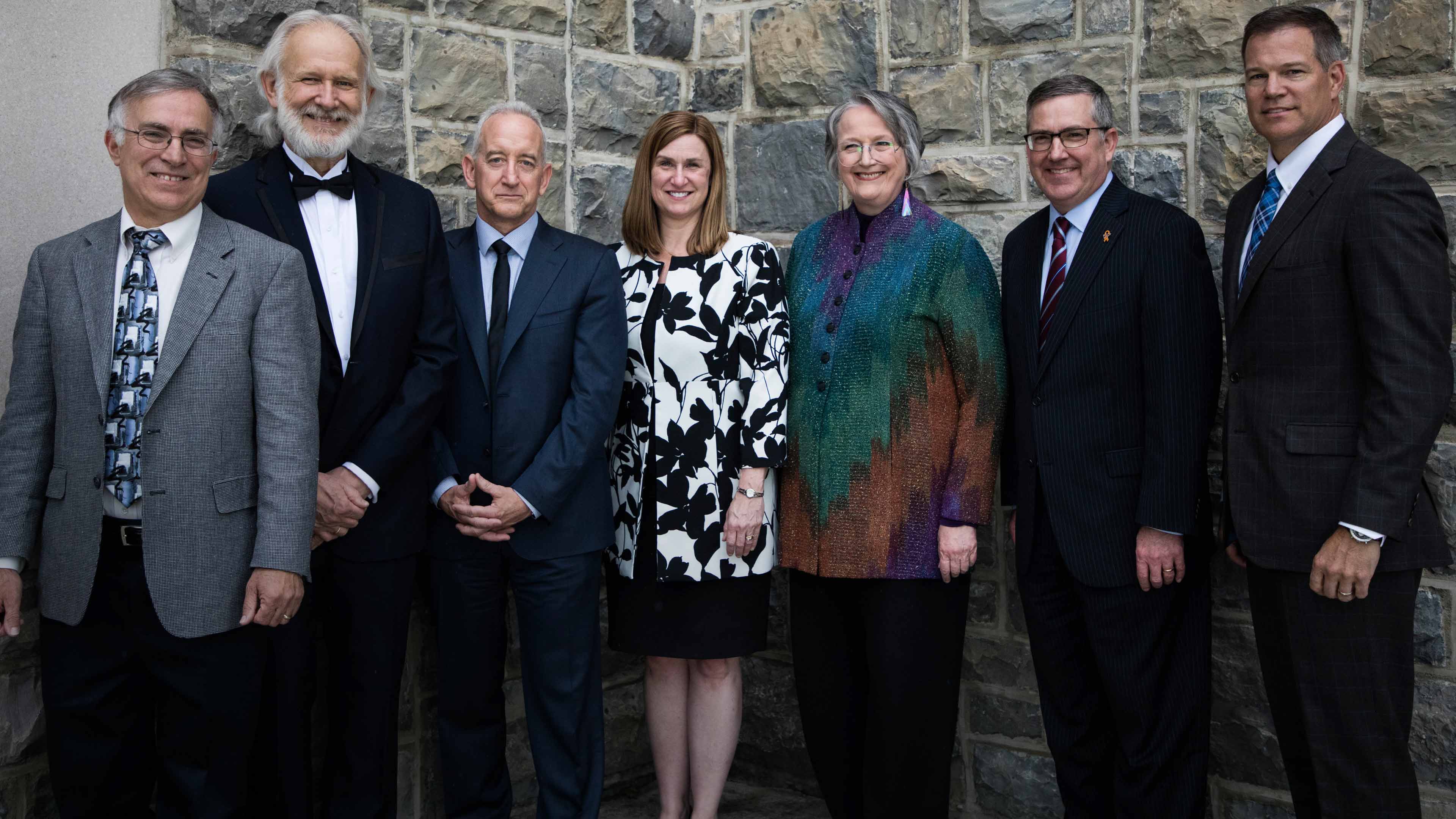Virginia Tech's College of Engineering inducted six new members at its 19th annual Academy of Engineering Excellence.
For the last 19 years, the College of Engineering at Virginia Tech has inducted new members annually into the prestigious Academy of Engineering Excellence. The academy was founded in 1999 by F. William Stephenson, former dean of the College of Engineering, and by the college's advisory board.
The academy consists of 152 alumni out of Virginia Tech's approximately 74,000 living engineering alumni who have achieved exceptional career successes. The 2018 academy inductees represent a wide range of disciplines and backgrounds, reflecting the broadening of the field of engineering.
“The alumni who are inducted into the academy are standouts in their respective careers, embodying the character and caliber of engineers we aspire to produce at Virginia Tech,” said Julia Ross, Paul and Dorothea Torgersen Dean of Engineering in the Virginia Tech College of Engineering. “This year, we’re excited to see prestigious alumni from a wide range of disciplines and backgrounds, reflecting the broadening of the field of engineering as a whole.”
The 2018 academy inductees are:
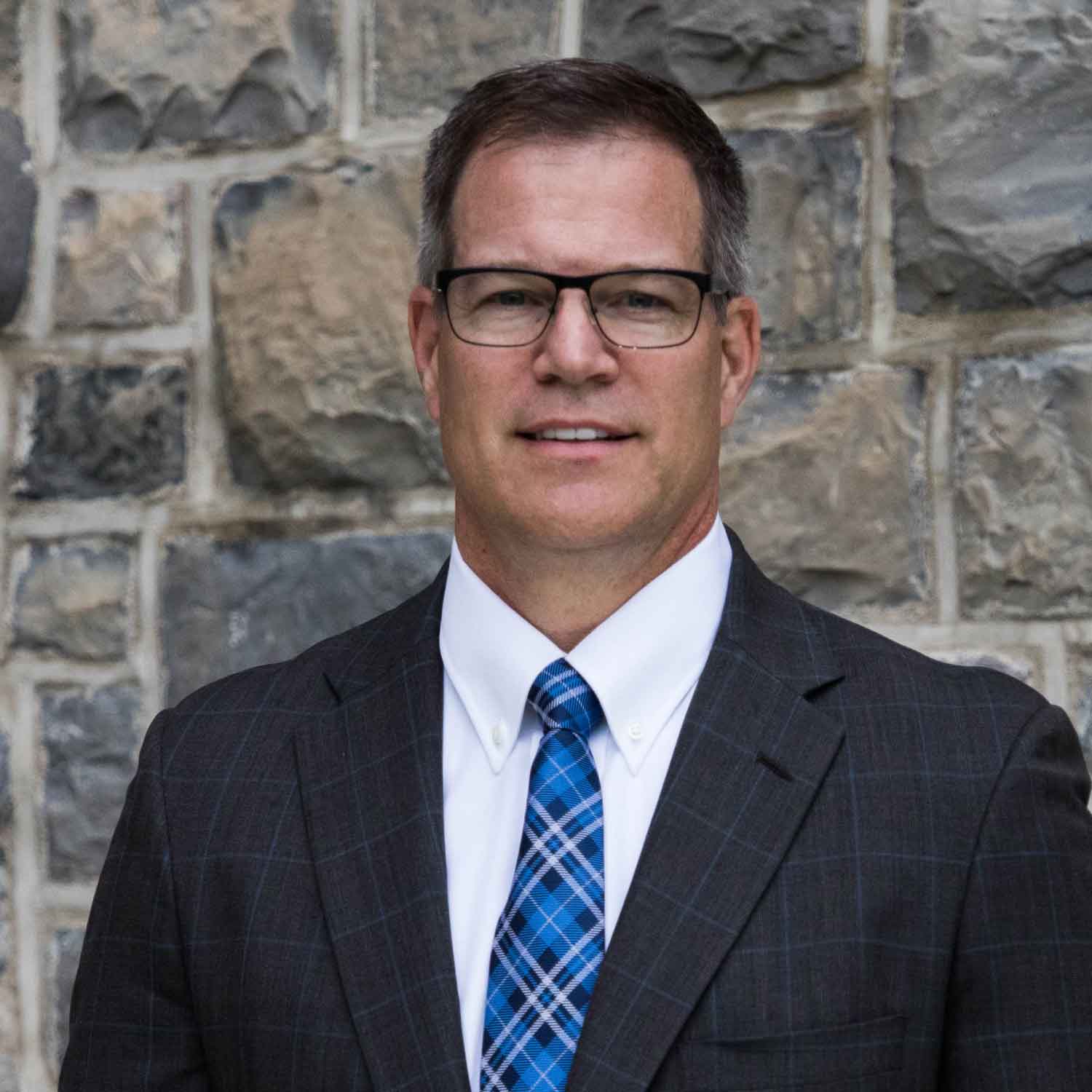
Jeff Babione
Bachelor’s degree, aerospace and ocean engineering
Class of 1985
Executive vice president resident and general manager of advanced development programs, Skunk Works, Lockheed Martin Aeronautics Company
Jeff Babione received his bachelor’s degree in aerospace and ocean engineering as a member of the Class of 1985. Following his graduation from Virginia Tech, Babione earned a master’s degree in aerospace engineering from the University of Washington in 1991 and an MBA from the University of Tennessee in 2008. Babione currently serves Lockheed Martin Aeronautics Company as the executive vice president and general manager of advanced development programs ― also known as Skunk Works. Prior to his current position, in descending order, he served as vice president and general manager of the F-35 Program and of the Integrated Fighter Group (F-16, F-22), vice president of the F-22 Program, and chief engineer of the F-22. Prior to joining Lockheed Martin, Jeff began his career with the Boeing Company in Seattle, Washington. His work there included advanced composite development, structural design analysis and testing of large commercial airliners as well as the YF-22 prototype. Babione currently serves as a member of the Kevin T. Crofton Department of Aerospace and Ocean Engineering Advisory Board.
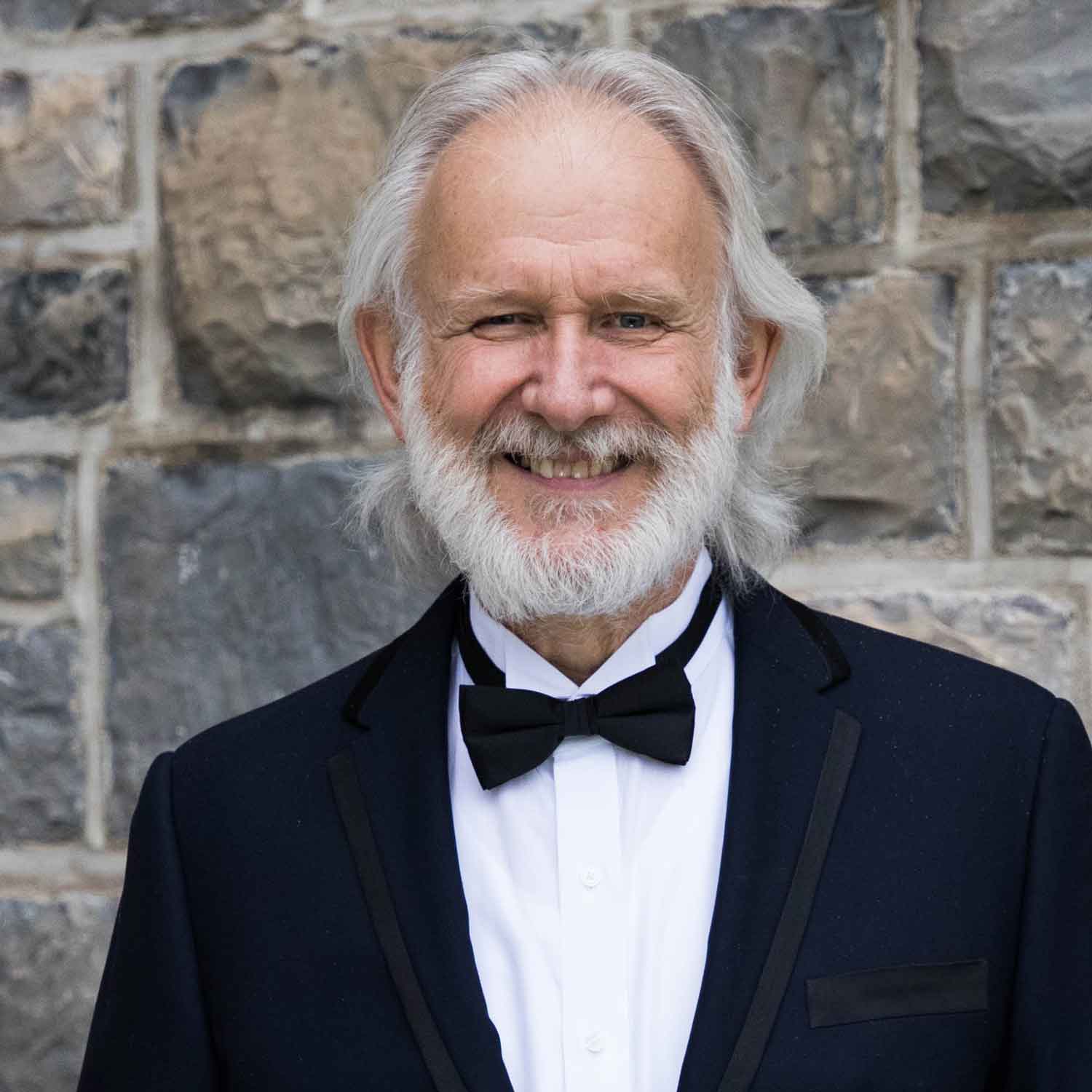
Dushan Boroyevich
Ph.D., electrical engineering
Class of 1986
Director of Center for Power Electronics Systems and electrical and computer engineering professor at Virginia Tech
Dushan Boroyevich earned a Diplom-Ingenieur (the German equivalent of a master’s degree) from the University of Belgrade in Yugoslavia in 1976, then a master’s degree in electrical engineering from the University of Novi Sad in Yugoslavia in 1982. He came to Virginia Tech and earned a Ph.D. in electrical engineering in 1986, then returned to Yugoslavia to the University of Novi Sad where he worked as an assistant professor (having previously served as an instructor and assistant head of the Institute for Power and Electronic Engineering while pursuing his first two degrees). After spending a year as acting head of the Institute for Power and Electronic Engineering at the University of Novi Sad, Boroyevich returned to Virginia Tech in 1990 as an associate professor. He became associate director of the Virginia Power Electronics Center, then a professor in the Virginia Tech Bradley Department of Electrical and Computer Engineering. Since 1998, Boroyevich has served as co-director of the NSF Engineering Research Center for Power Electronics Systems, until his most recent appointment as director in 2017. He has also served as American Electric Power Professor in the electrical and computer engineering department at Virginia Tech since 2006. Boroyevich is currently a member of the U.S. National Academy of Engineering, IEEE, and the ΦΚΦ Honor Society and previously served as president of the IEEE Power Electronics Society in 2011.
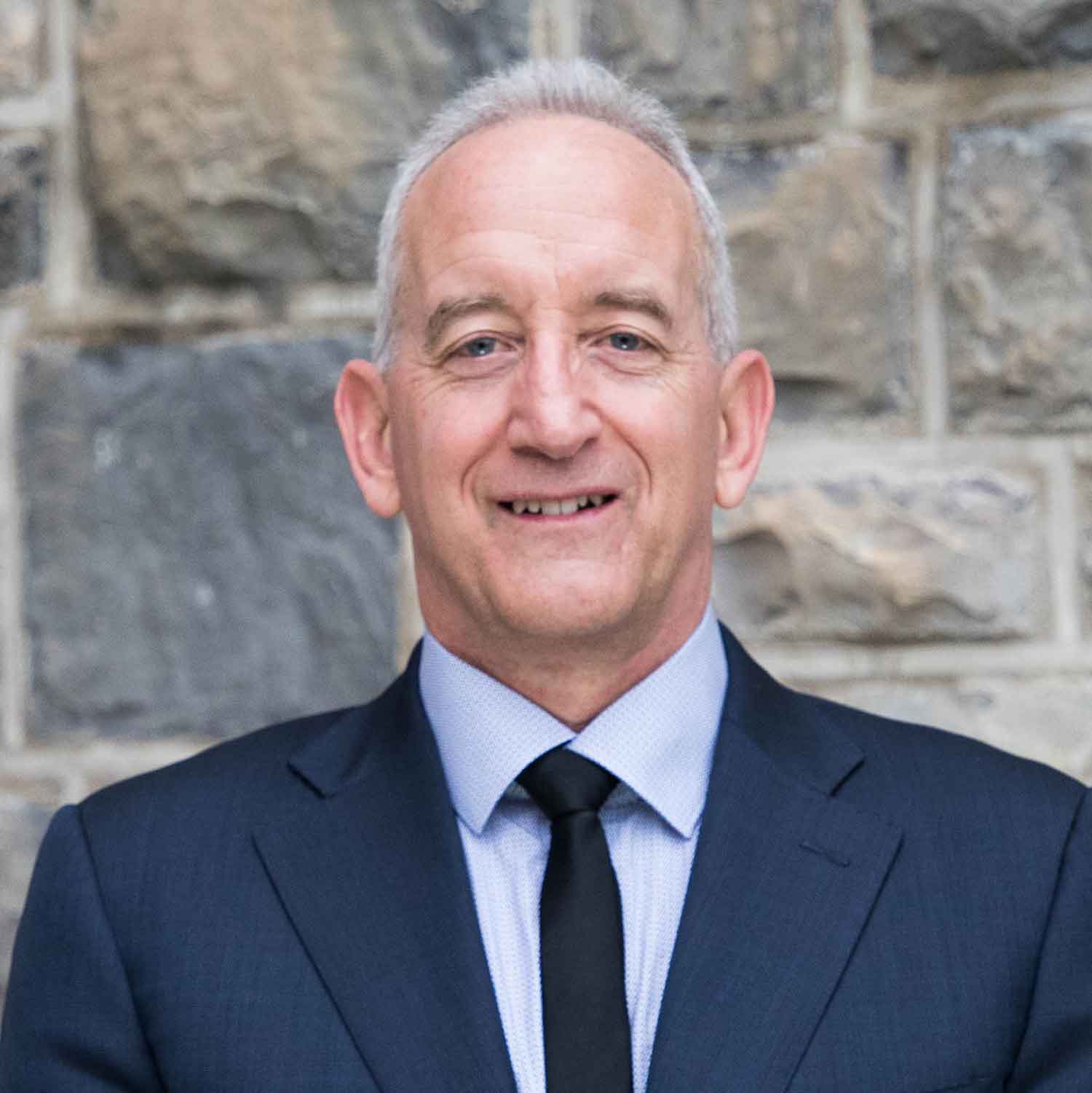
Kevin T. Crofton
Bachelor’s degree, aerospace and ocean engineering
Class of 1982
President and COO of SPTS Technologies and executive vice president of Orbotech Inc.
Kevin T. Crofton received his bachelor’s degree in aerospace engineering as a member of the Class of 1982. Following his graduation from Virginia Tech, Crofton earned an MBA in international business from American University in 1987 while also working as manager in the Design Agent Branch of the U.S. Marine Corps. After earning his MBA, Crofton became program manager of Advanced Products Development of Pratt & Whitney’s United Technologies Chemical Systems Division. In 1994, Crofton became managing director/general manager of Lam Research Corporation’s CMP/Clean Business Unit, then vice president and general manager of Newport Corporation’s Advanced Packaging and Automation Systems Division in 2002. Just before his current position, Crofton worked at senior vice president of Global Customer Operations at NEXX Systems Inc. Since 2006, Crofton has served as president and COO of SPTS Technologies and executive vice president of Orbotech Inc. Crofton is currently a member of the Virginia Tech College of Engineering's Committee of 100, the Virginia Tech Foundation Board of Directors, board chair of the UK's Compound Semiconductor Applications Catapult, and member and executive board member of the Semiconductor Equipment and Materials Industry Association International Board of Directors. Crofton is the namesake of the Kevin T. Crofton Department of Aerospace and Ocean Engineering at Virginia Tech.
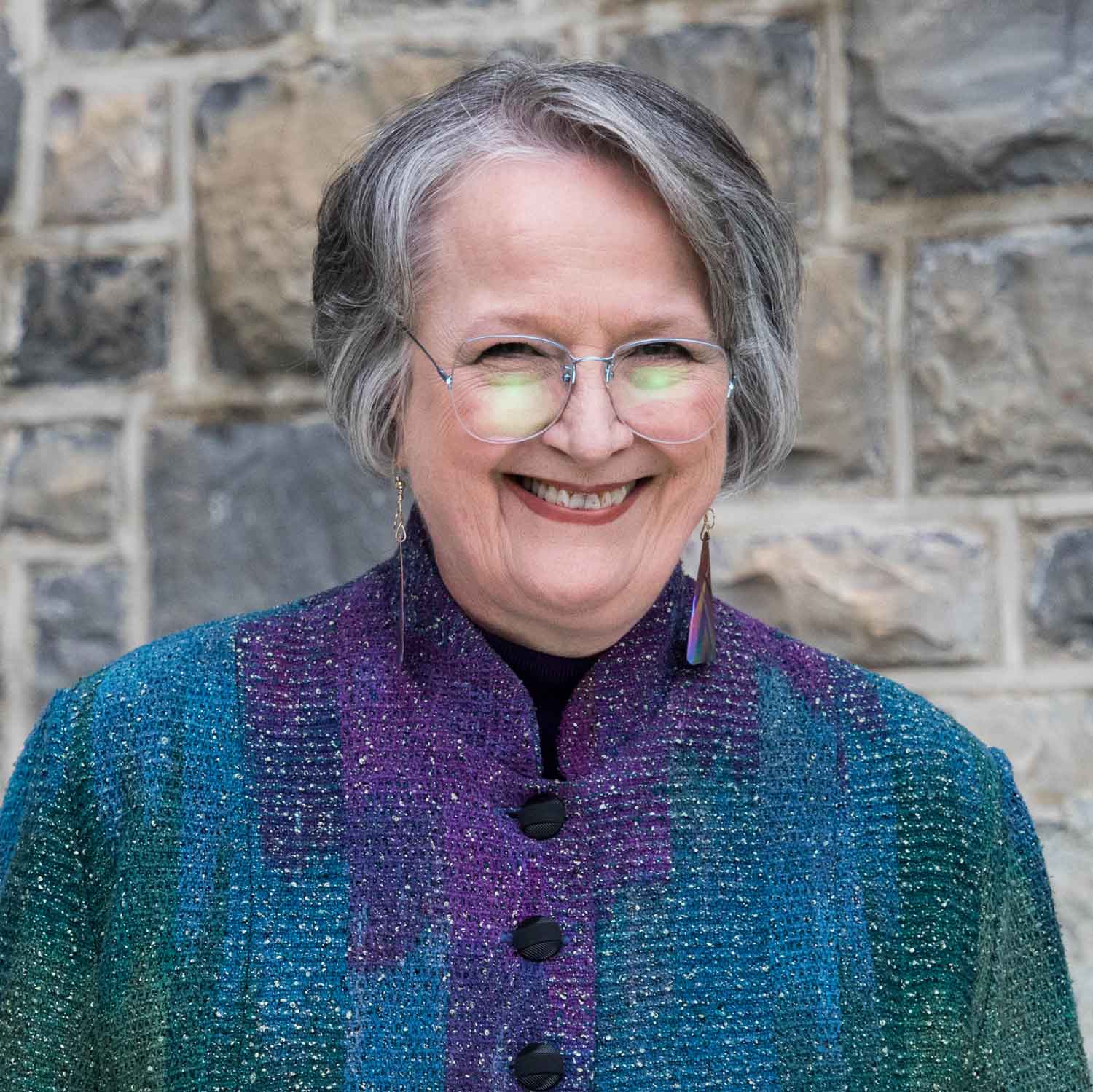
Lucy Nowell
Master’s degree and Ph.D., computer science
Class of 1993 and 1998
GS 15-10 computer scientist, program manager, and computer science team leader of the Computational Science Research Division, U.S. Department of Energy Office of Advanced Scientific Computing Research
Lucy Nowell received a bachelor’s and master’s degree in theater from the University of Alabama in 1972 and 1974, respectively, then earned an M.F.A. in drama from the University of New Orleans in 1982. Nowell worked in various instructor and professor positions in the dramatic arts at Lynchburg College before coming to Virginia Tech to earn her master’s degree and Ph.D. in computer science in 1993 and 1998, respectively. During her graduate education at Virginia Tech, she served as a graduate research assistant in the Virginia Tech Department of Computer Science and worked as a summer intern at the IBM Thomas J. Watson Research Center. After completing her Ph.D. coursework, Nowell returned to Lynchburg College as chair of the Computer Science Department, having also served as an associate professor of computer science and theater. In 2002, she became deputy program manager for the Advanced Research and Development Activity/Disruptive Technology Office’s Novel Intelligence from Massive Data project, then a year later became the program manager of the Intelligence Community Advanced Research project. In 2007, she became program director of the NSF Office of Cyberinfrastructure. Throughout all of this, she also served as a chief/staff scientist at the Pacific Northwest National Lab. Since 2009, she has worked at the U.S. Department of Energy Office of Advanced Scientific Computing Research as a GS 15-10 computer scientist, program manager, and computer science team leader of the Computational Science Research Division. She is currently a member of the Virginia Tech Chapter of Upsilon Pi Epsilon National Computer Science Honor Society and of the Association for Computing Machinery, and has previously served as a member of various national higher education and theater arts organizations.
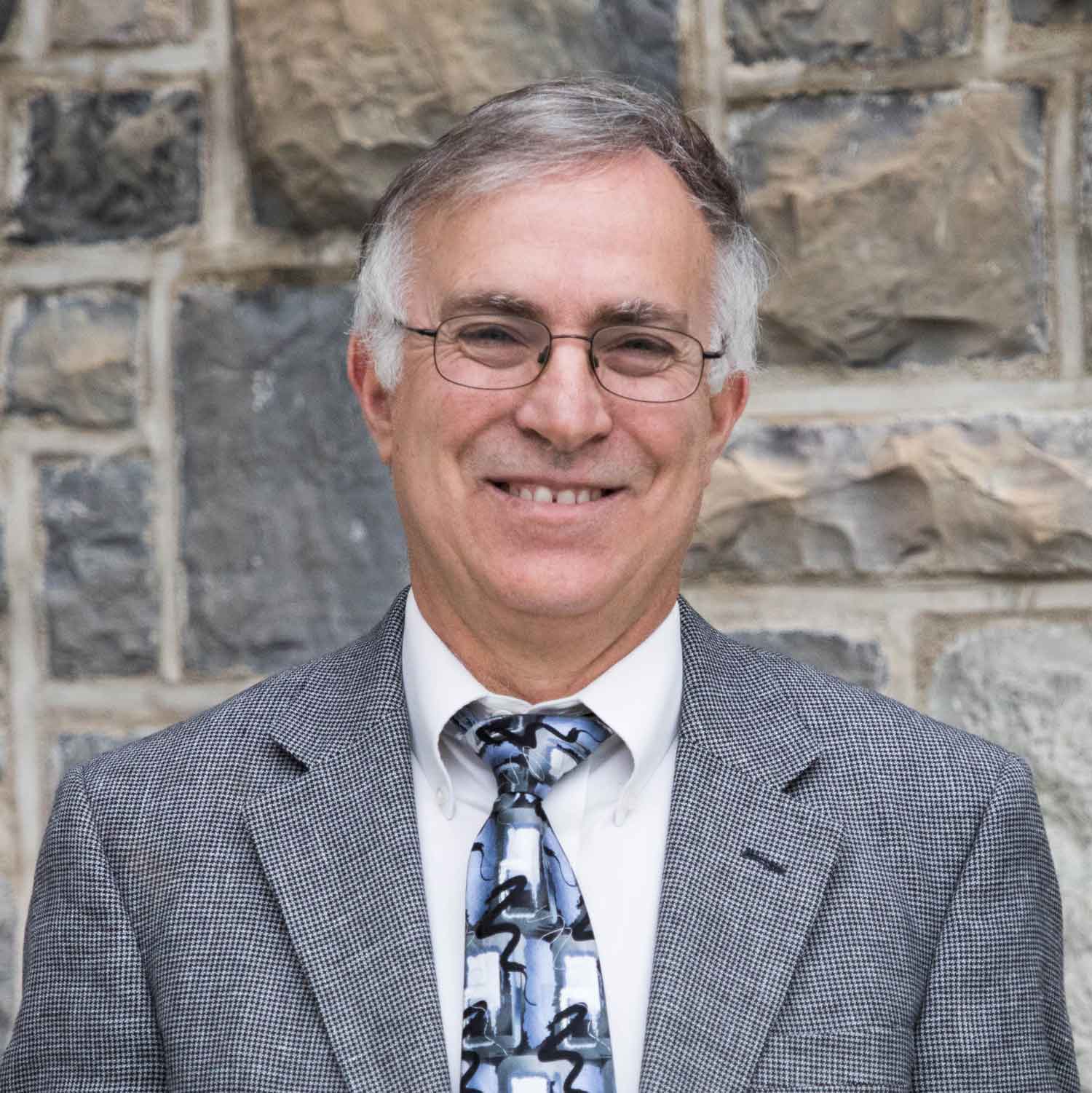
Dan Sable
Master’s degree and Ph.D., electrical engineering
Class of 1985 and 1991
Founder and CEO, Virginia Power Technologies Inc.
After receiving his bachelor’s degree in electrical engineering from M.I.T. in 1980, Dan Sable received his master’s degree and Ph.D. in electrical engineering as a member of the Class of 1985 and 1991, respectively. Following his graduation from Virginia Tech, Sable took a position as a research scientist at the Virginia Tech Center for Power Electronics, where he worked previously while pursuing his Ph.D. While at the center, then-director Fred Lee approached Sable with an idea to start a company. In 1993, Sable joined forces with Lee and Gary Hua to found Virginia Power Technologies Inc. (now known simply as VPT Inc.), where Sable currently serves as CEO. He has also served as an adjunct professor in the Virginia Tech Bradley Department of Electrical and Computer Engineering since 2012. Sable is a current member of the Virginia Tech College of Engineering Committee of 100, the Virginia Tech Global Engineering Engagement and Research Advisory Board, and the Virginia Tech Space@VT Advisory Board. Sable has also previously served on various other boards at Virginia Tech.
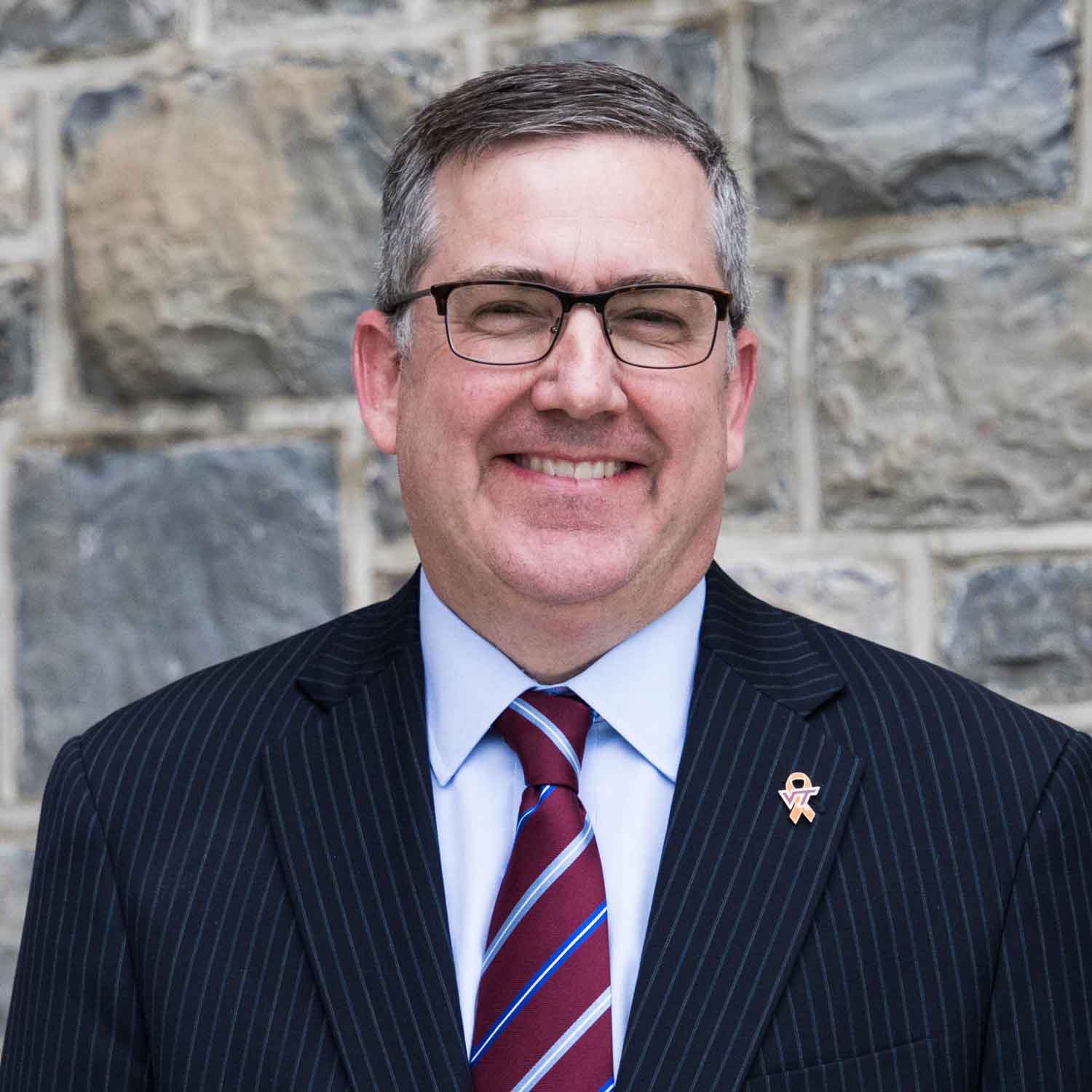
Kirk H. Schulz
Bachelor’s degree and Ph.D., chemical engineering
Class of 1986 and 1991
President and professor of chemical engineering at Washington State University
Kirk H. Schulz received his bachelor’s degree and Ph.D. in chemical engineering as a member of the Class of 1986 and 1991, respectively. Following his graduation in 1991, Schulz became an assistant professor of chemical engineering at the University of North Dakota, then at Michigan Technological University, where he later became associate professor and department chair of chemical engineering. In 2001, he became director of the Swalm School of Chemical Engineering at Mississippi State University, then dean of the James Worth Bagley College of Engineering in 2005, then vice president for research and economic development in 2007. In 2009, Schulz became president of and a professor of chemical engineering at Kansas State University until 2016 when he became president of and a professor of chemical engineering at Washington State University, where he is today. He has served on various higher education boards such as the Association of Public and Land Grant Universities Board of Directors, the NCAA Board of Governors (including a two-year term as chair), the American Society of Engineering Education, and more.
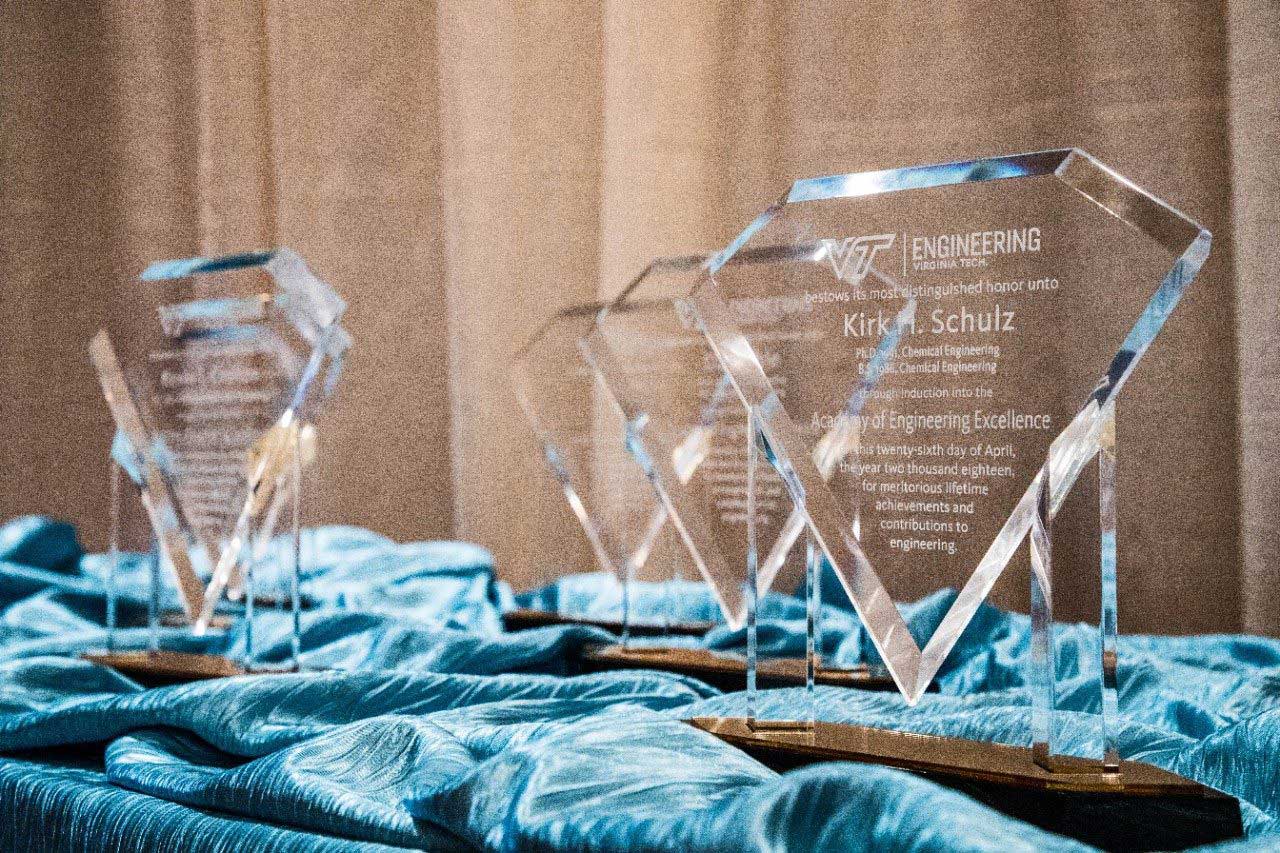
If you want to have an impact on our students and faculty like those featured in this magazine, go here to support the College of Engineering. For more information, call (540) 231-3628.
